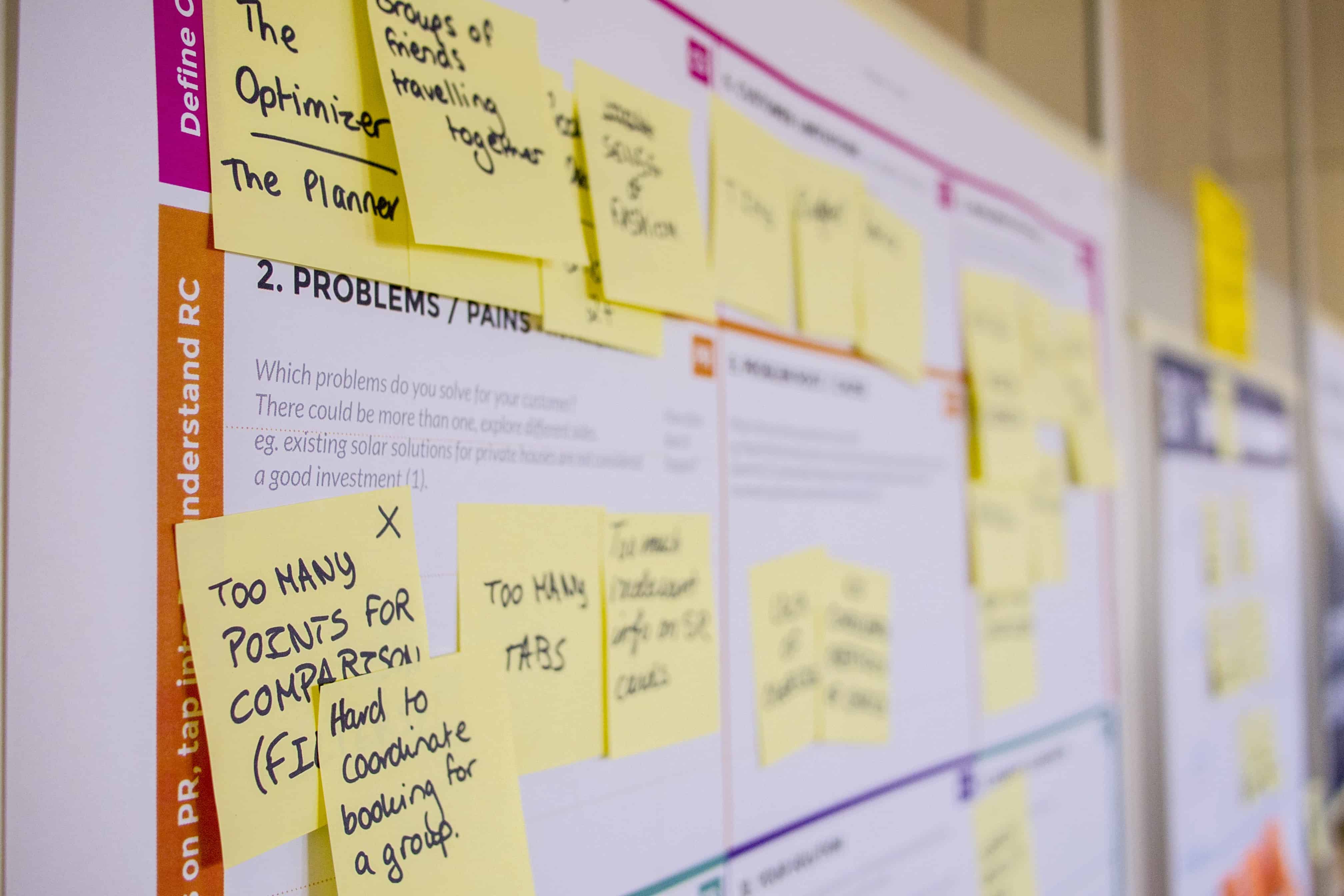How to Amp Business Profits with Kanban
If you’re reading this, then you might be asking yourself whether going through the process of implementing kanban in your business is worth it. Or maybe you’ve been tasked with the difficult job of convincing your CEO to implement Kanban. Let’s face it. When it comes to pitching ideas
Embrace Minimalism in the Workplace with Kanban
We, as humans, have the desire to know more, do more and experience as many things as possible. But research has shown that embracing minimalism in the workplace actually makes us more productive. Our standard practice of trying to get our hands on as many things as possible at
Who Made that Decision? End Employee Blame Games with Lean Decision-Making
Every employee in an organization is met with decisions, not just those in management or leadership positions. If decisions have to go through a hierarchy of approval, you can just imagine how long it would take to resolve problems. What if there’s little to no time to waste? What
Kanban Solutions for Sales: Close More Sales at a Faster Rate
Many people consider sales very unstable. Due to the variety of buyer personalities, salespeople need to be very creative and often change or adjust their sales techniques in order to get the desirable “It’s a deal!” from buyers. Even though it can be challenging, working in sales gives you
Debunking The Most Common Kanban Misconceptions
When talking to my friends about Kanban I noticed that many of them have never heard about it. And those that did, were confused and didn’t quite understand the methodology. But it’s not (entirely) their fault. There are so many half-truths and misinformation about Kanban on the Internet that
The Key Project Dimensions: Time, Scope, Budget, and Team Efficiency
Every project is constrained by three dimensions: time, budget, and scope. This is what we’ve known from our project management books and training. These three dictate the direction of any project and are used to measure project success. But the traditional three-dimensional project management approach is no longer sufficient














